The open road beckons, and your RV is poised for adventure. Yet, amidst the excitement of planning routes and destinations, one crucial element often overlooked is the rv power converter—a silent hero that ensures your electrical systems function smoothly while on the go. Selecting the right RV power converter is akin to choosing the heart of your mobile home, and here's your comprehensive guide to making that decision a breeze.
Understanding Your RV's Power Needs
Before diving into the multitude of options available, it's crucial to understand your RV's power requirements. Assess the electrical appliances you'll be using, their voltage requirements, and the total power consumption. This evaluation will serve as the cornerstone for selecting an adequate rv power converter.
Types of RV Power Converters
1. Converter vs. Inverter vs. Converter/Inverter
- Converter: Primarily changes shore power (AC) to 12-volt DC power to charge batteries and run 12-volt systems when plugged into a power source.
- Inverter: Converts stored DC power (from batteries) to AC power, allowing you to use AC appliances when not connected to shore power.
- Converter/Inverter: Offers both functionalities in one unit, providing flexibility and convenience.
2. Output Capacity
- Amperage: Select a converter with an amperage capacity that accommodates your RV's electrical demand without overloading the system.
- Voltage: Ensure the converter matches your RV's voltage requirements (commonly 12-volt or 24-volt systems).
Key Features to Look For
1. Multi-Stage Charging
Opt for converters equipped with multi-stage charging capabilities. These sophisticated systems protect your batteries by adjusting charging stages based on their current state, ensuring efficient and safe charging.
2. Noise Level
Consider noise levels, especially if your converter is installed in living spaces. Quieter models provide a more pleasant environment during operation.
3. Energy Efficiency
Look for Energy Star-rated or energy-efficient models that optimize power usage, minimizing energy wastage and saving you money in the long run.
Additional Considerations
1. Size and Installation
Ensure the physical dimensions of the converter align with your available space. Additionally, consider ease of installation—some models might require professional installation.
2. Durability and Warranty
Prioritize converters with solid build quality and a reliable warranty. This ensures longevity and provides a safety net against potential malfunctions.
Final Thoughts
Selecting the right RV power converter is not just about functionality; it's about ensuring a smooth and hassle-free journey on the road. Take your time to research, assess your needs, and invest in a converter that aligns perfectly with your RV's electrical requirements. A well-chosen power converter will not only power your adventures but also enhance your overall RV experience, leaving you free to focus on creating unforgettable memories on the open road.

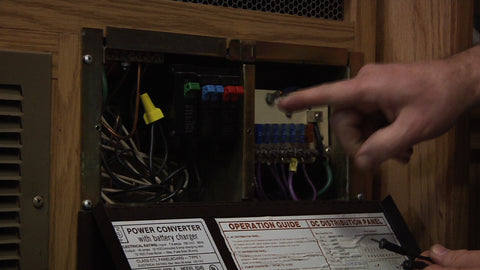
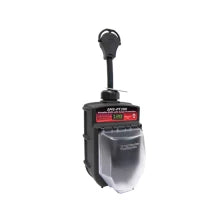
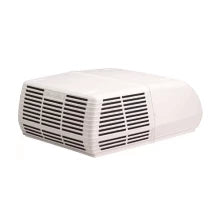
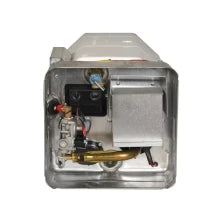
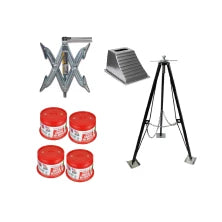
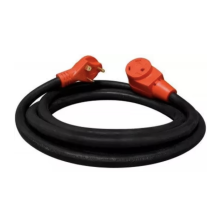
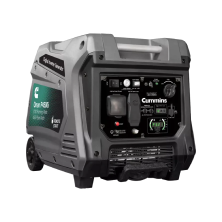
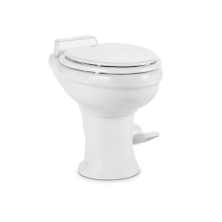
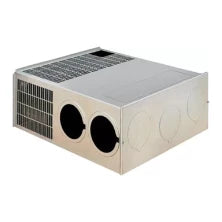

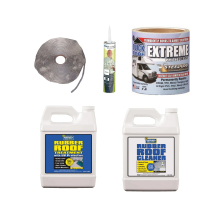
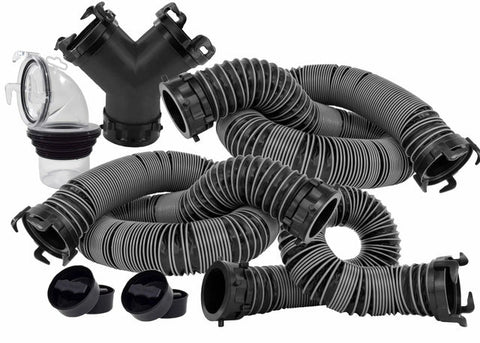
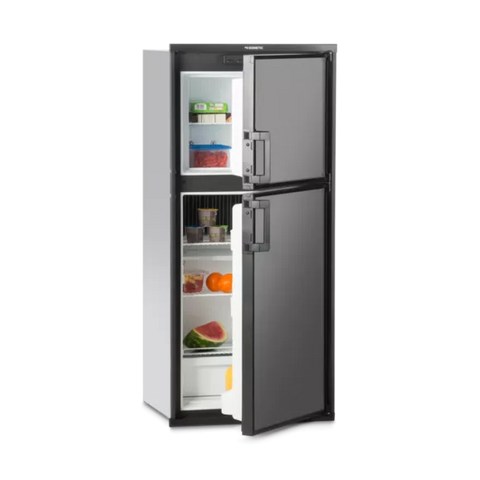
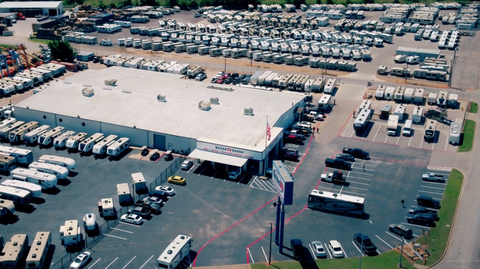
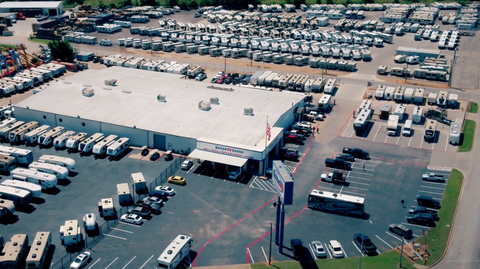
Comments (0)
There are no comments for this article. Be the first one to leave a message!